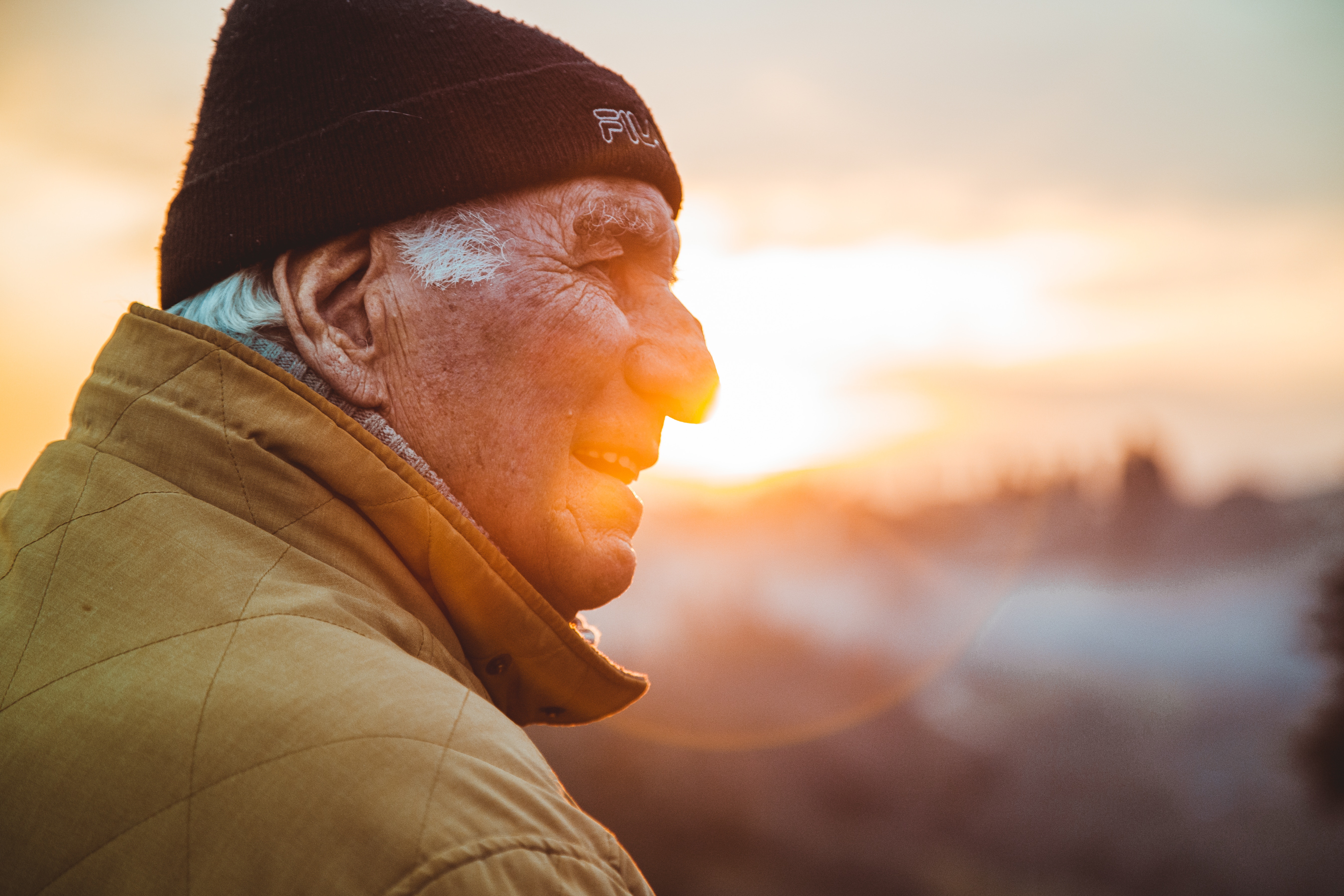Open Hours
- Monday - Friday
Morning: 9.00am - 12:00pm
- Monday - Friday
Afternoon: 1:00pm - 5:00pm
Same-day, next-day appointments
For established patients who become ill and/or recently discharged from the hospital and/or recently visited the ER.
Call us! 954-963-6530Fall Prevention Tips for the Elderly

A fall-related injury can make a big impact on the life of an elderly adult. Things like broken bones, hip fractures, mental stress, and more can put some big limitations on their freedom and quality of life, and it can even lead to death should the person not receive medical care right away.
Whether you are concerned about a loved one or looking for tips for yourself, consider these guidelines and think about talking with their primary care physician about potential ways to decrease the chance of a fall. Just a few easy steps could lead to the peace of mind you are looking for.
Modifying the Home
Certain homes are not as accommodating to the lifestyle of an older individual. As one ages, and their body weakens, certain elements of the home may need to be modified to decrease the likelihood of injury.
Stairs, for example, are a major cause of injuries, with over one million people getting hurt on them every single year in America alone. Installing railings or a chair system in the home of an elderly adult could make all the difference in whether or not they experience a fall-related doctor visit, and it will be well worth the investment in the end.
Other tips include installing grab bars in the restroom, investing in extra lighting, reducing unnecessary clutter, and ensuring everything is within easy reach. These are just a few of many steps you might take, so do a thorough walk-through of the home, and be sure to make any adjustments, as needed.
Note Medication Side Effects
If you are looking to prevent falls for an elderly person you know, talk with their primary care physician or family doctor about what medications they are taking and what the possible side effects may be. Be sure to discuss these with your loved ones, and to be well aware if they might increase the risk of a fall.
Many prescriptions are known to cause dizziness, confusion, or instability, so do not hesitate to double check with the primary care physician right away. A licensed medical doctor will be able to advise you on proper precautions to take.
A cane or a walker may be a smart investment for those who are more prone to experience these side effects. Many also opt to purchase bracelets or necklaces that are designed to alert authorities if someone has fallen and needs help. Find the right fit today - it could make all the difference.
Invest in Proper Footwear
The right shoes can make all the difference in how sturdy a person remains. Some styles offer much more traction and support than others, and they will help them stay safer and more stable in countless situations. Certain shoes are also designed to decrease painful symptoms, should the senior find themselves with foot-related medical problems. Pain and discomfort can lead to a fall in a hurry, so get to the store and find a better pair of kicks today.
Stay Active
This may seem surprising, but it is actually advisable to keep in shape and continuing exercising at a reasonable pace to decrease your chances of falling. Keep it low-key and gentle, though. Some light walking or water aerobics are both safe bets that do a lot for both physical and mental health. You might also consider working with a physical therapist who can introduce an appropriate plan for your needs and lifestyle.
All in all, falls are a scary thing, but they can be prevented with proper care and attention to detail. Get in touch with doctors who can advise you on the right steps to take or reach out to your primary care physician for advice. You deserve to invest in the care and maintenance necessary for staying as safe as possible. In the end, these are steps you will be glad you made.

